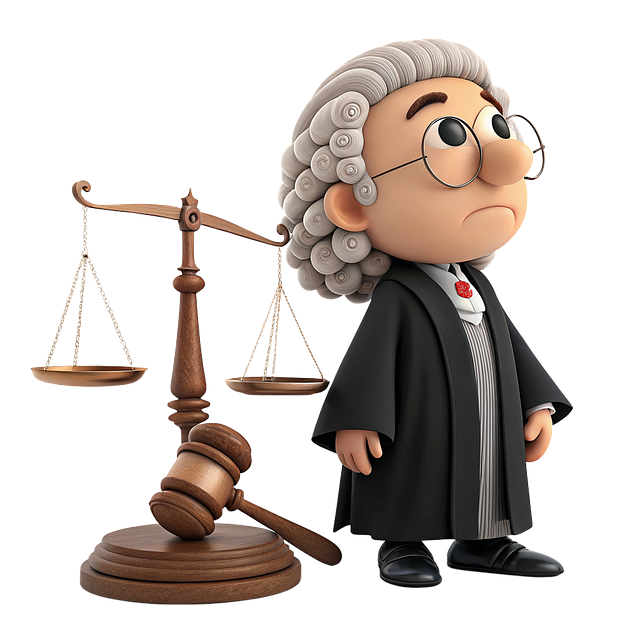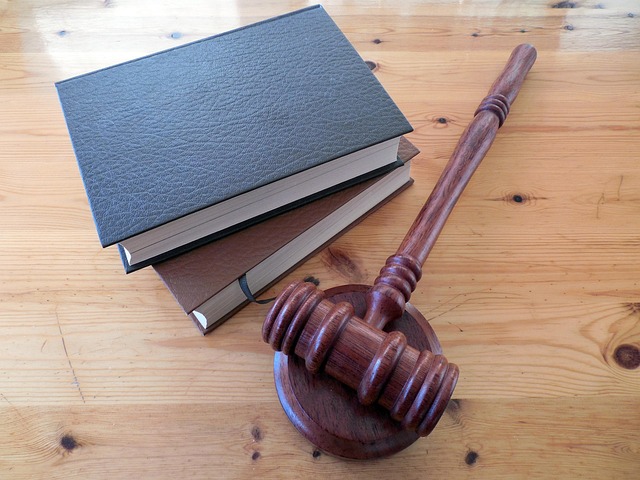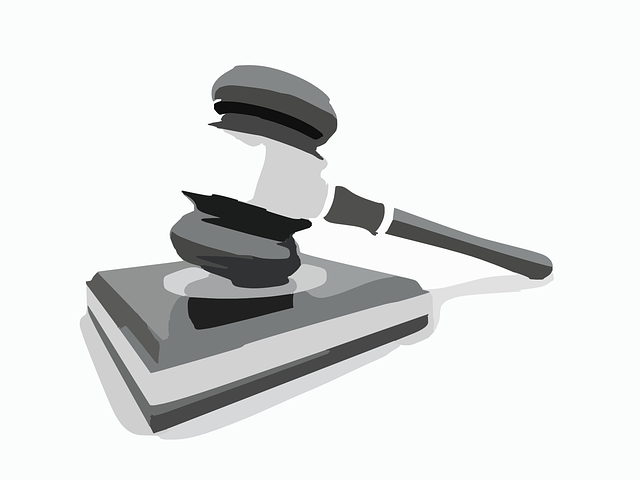The Consumer Fraud Class Action Lawsuit Process offers consumers a powerful tool to fight back against corporate fraud and illegal securities practices. It involves several stages, starting with identifying common injuries through research. Lead plaintiffs file a complaint, followed by discovery where evidence is exchanged. A judge decides on class certification based on shared issues. If certified, the case may proceed to trial, leading to compensation for victims. This process aims to hold white-collar criminals accountable and compensate investors fairly while deterring future misconduct.
Securities Class Actions: Unraveling the Complex World of Investor Justice
In the dynamic landscape of finance, consumer fraud remains a persistent challenge. This comprehensive guide delves into the intricacies of consumer fraud class action lawsuits, providing an in-depth understanding of the process from start to finish. We explore the step-by-step journey, key legal strategies employed, and influential players shaping these cases. By examining securities class actions, we uncover their profound impact on corporate accountability and the broader legal framework.
- Understanding Securities Class Actions: A Comprehensive Overview
- The Consumer Fraud Class Action Lawsuit Process Step-by-Step
- Key Players and Legal Strategies in Securities Class Action Cases
- Impact and Outcomes: How These Lawsuits Shape Corporate Behavior
Understanding Securities Class Actions: A Comprehensive Overview

Securities Class Actions offer a powerful mechanism for consumers to seek justice and compensation when companies engage in fraudulent or illegal activities related to securities and investments. This legal process, often referred to as a Consumer Fraud Class Action Lawsuit, allows affected individuals to band together and take on powerful corporations responsible for widespread misconduct. By pooling their resources and expertise, plaintiffs can hold these entities accountable, ensuring they face the consequences for their actions.
The lawsuit process involves several key steps: investigation, certification of the class, filing a complaint, discovery, trial, or settlement negotiations. Across the country, consumers have successfully pursued cases against companies involved in various white-collar crimes, including accounting fraud, stock manipulation, and misleading financial disclosures. An unprecedented track record of large settlements and verdicts has been achieved through these collective efforts, providing substantial relief to victims and serving as a deterrent for future misconduct.
The Consumer Fraud Class Action Lawsuit Process Step-by-Step
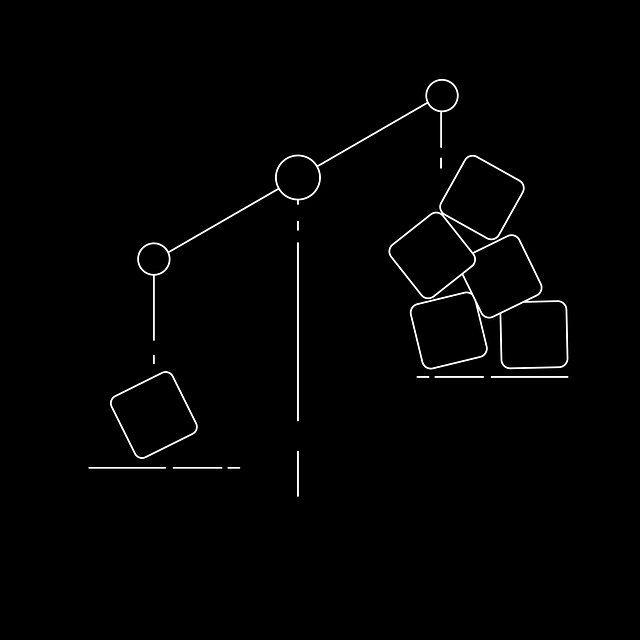
The Consumer Fraud Class Action Lawsuit Process begins with the identification of a common injury or harm suffered by a significant number of consumers due to deceptive practices. This involves thorough research and gathering evidence, including consumer complaints, media reports, and legal precedents. Once a substantial group of individuals is identified as potentially affected, lead plaintiffs step forward to file a complaint against the alleged wrongdoers.
The next step includes extensive discovery, where both parties exchange information and documents. This process aims to uncover the extent of the fraud, the roles of those involved, and any evidence that could support or refute the claims. As the case progresses, legal arguments are presented, and a judge decides whether to certify the class action, ensuring it meets specific criteria, including commonality and typicality. If certified, the matter proceeds to trial, potentially resulting in substantial compensation for affected consumers, given their unprecedented track record of success in such cases. This process is designed to hold accountable those engaged in white collar and economic crimes and to compensate victims fairly while avoiding indictment in many instances.
Key Players and Legal Strategies in Securities Class Action Cases
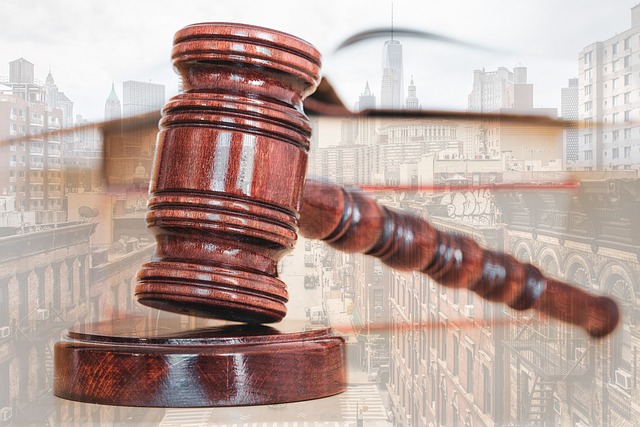
In Securities Class Action cases, several key players emerge, each with distinct roles. Lead plaintiffs, who are often significant investors, initiate the process by filing a lawsuit against the responsible parties, including corporations and individuals accused of misconduct. These plaintiffs act as representatives for a larger group of investors who have suffered losses due to consumer fraud. They play a crucial role in navigating the complex legal landscape, ensuring their case aligns with the interests of all affected parties.
Legal strategies in these cases vary but typically involve extensive document discovery, expert witness testimony, and sophisticated financial analysis. Plaintiff’s attorneys employ these tactics to demonstrate fraudulent behavior, such as misstatements or omissions in financial disclosures, leading to artificial stock price inflation. Conversely, defendants, often backed by robust general criminal defense teams specializing in white-collar and economic crimes, fight back with challenging defenses. Ultimately, the goal is to secure winning challenging defense verdicts that protect investors while ensuring fair and just outcomes.
Impact and Outcomes: How These Lawsuits Shape Corporate Behavior

Securities Class Action Lawsuits have a profound impact on corporate behavior and the broader market. These lawsuits, often driven by consumer fraud, serve as a powerful tool to enforce regulatory compliance and protect investors’ rights. When companies are found liable for misconduct, the outcomes can range from substantial monetary settlements to complete dismissal of all charges, depending on the severity and circumstances. Such resolutions not only compensate affected investors but also act as a deterrent, encouraging companies to adhere strictly to legal and ethical standards.
Moreover, the public nature of these cases and subsequent jury trials bring much-needed transparency to corporate practices. The media coverage and discussions in court can shed light on hidden strategies and encourage better governance. For his clients, successful class action lawsuits mean not only financial redress but also a voice in shaping future corporate conduct, ensuring markets remain fair and competitive.
Securities class actions, a cornerstone of financial litigation, serve as a powerful tool for holding corporations accountable for consumer fraud. By understanding the intricate process, from comprehensive overviews to strategic legal plays, we can appreciate their profound impact on shaping corporate behavior. The step-by-step guidance provided in this article, coupled with insights into key players and outcomes, empowers individuals to navigate these complex cases effectively. Ultimately, these lawsuits play a vital role in ensuring corporate responsibility and protecting consumer rights in the dynamic world of securities and financial markets.


